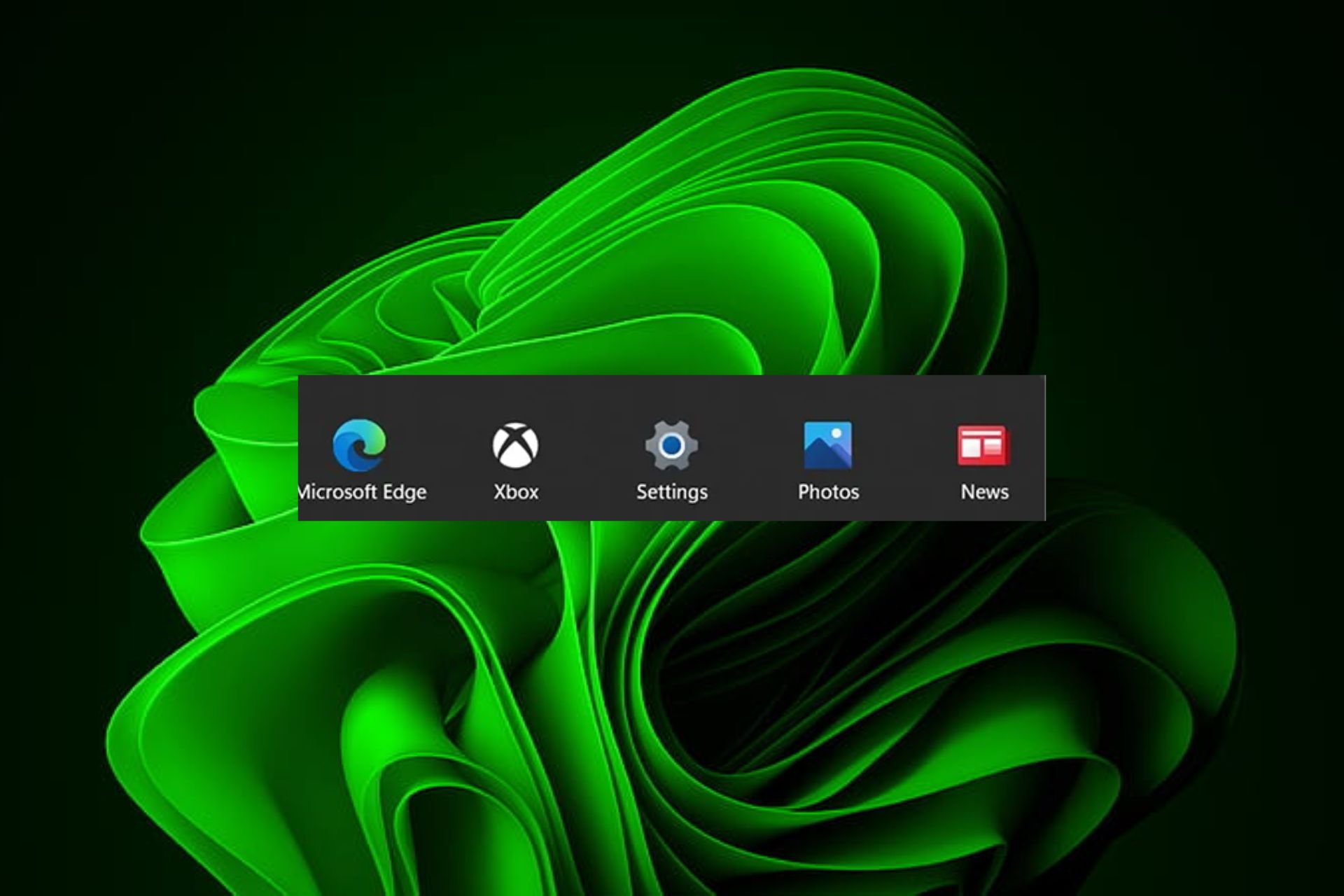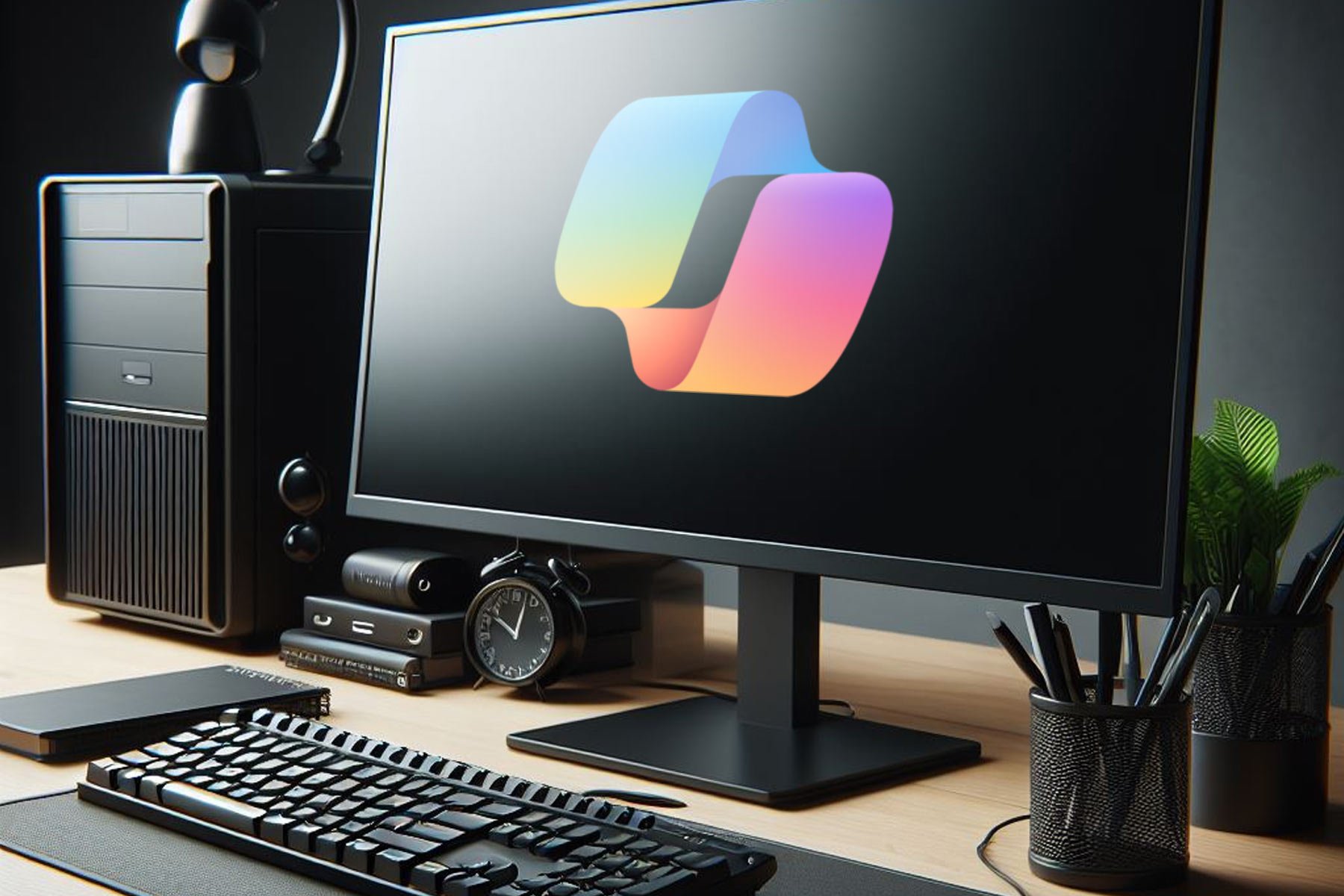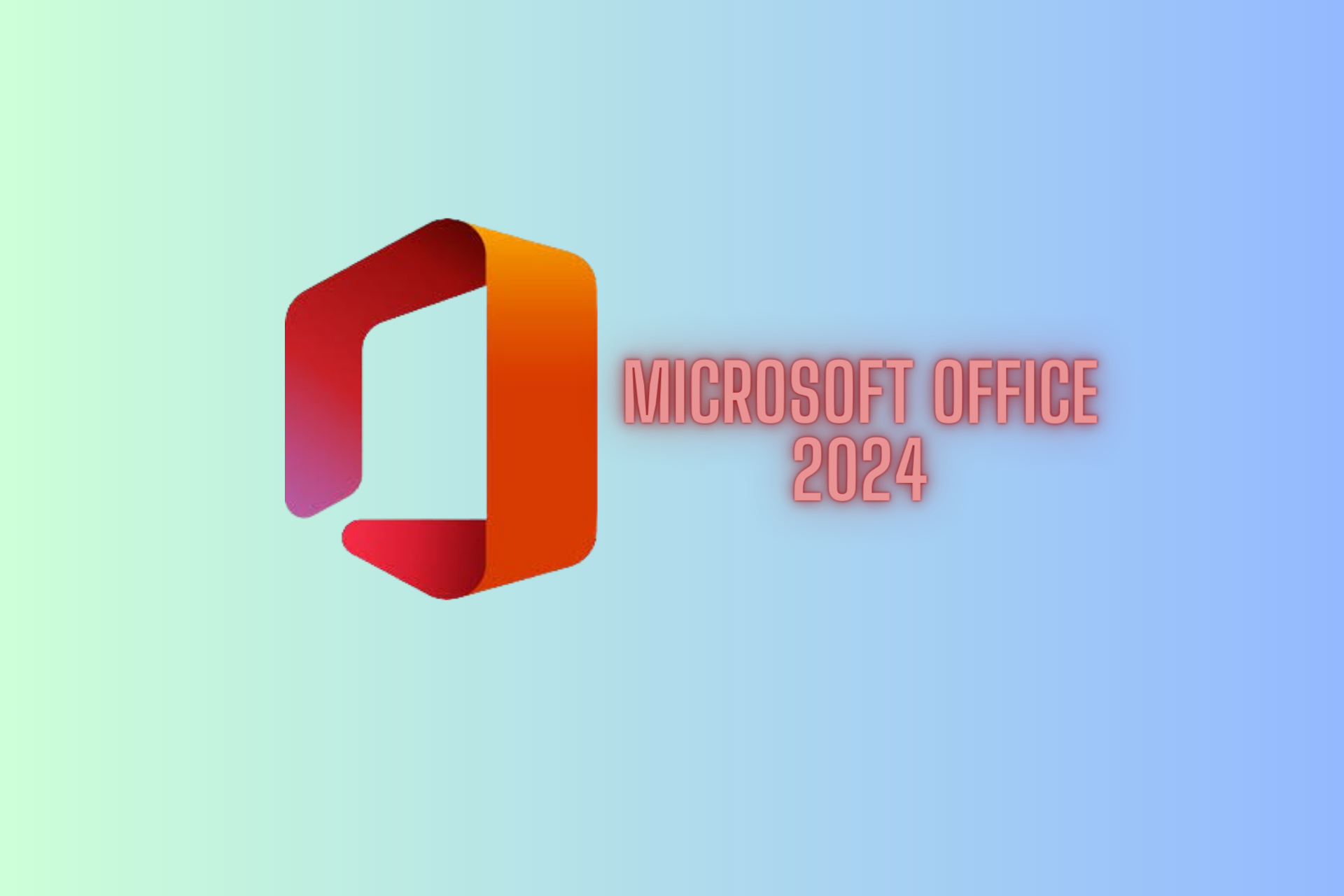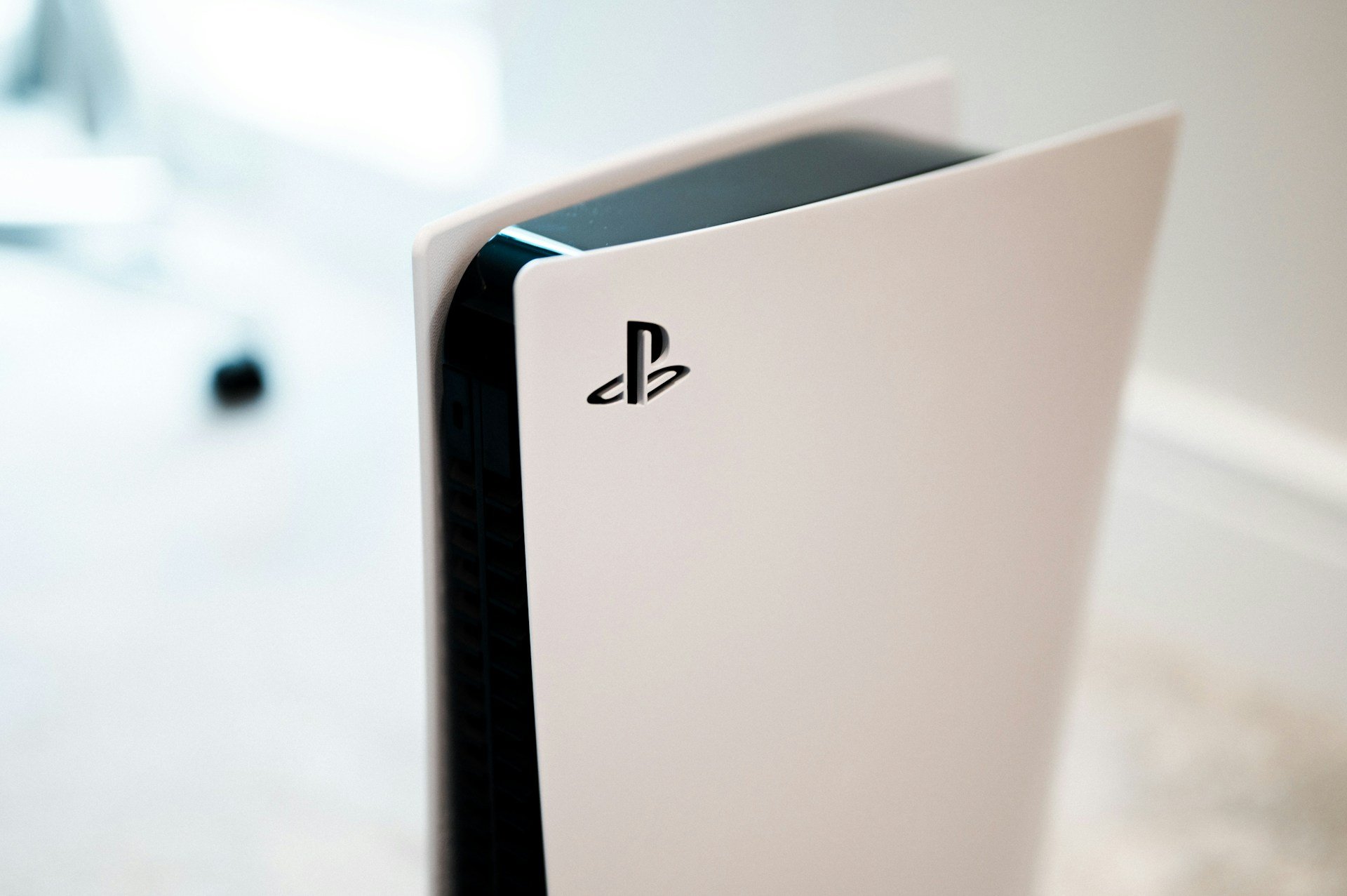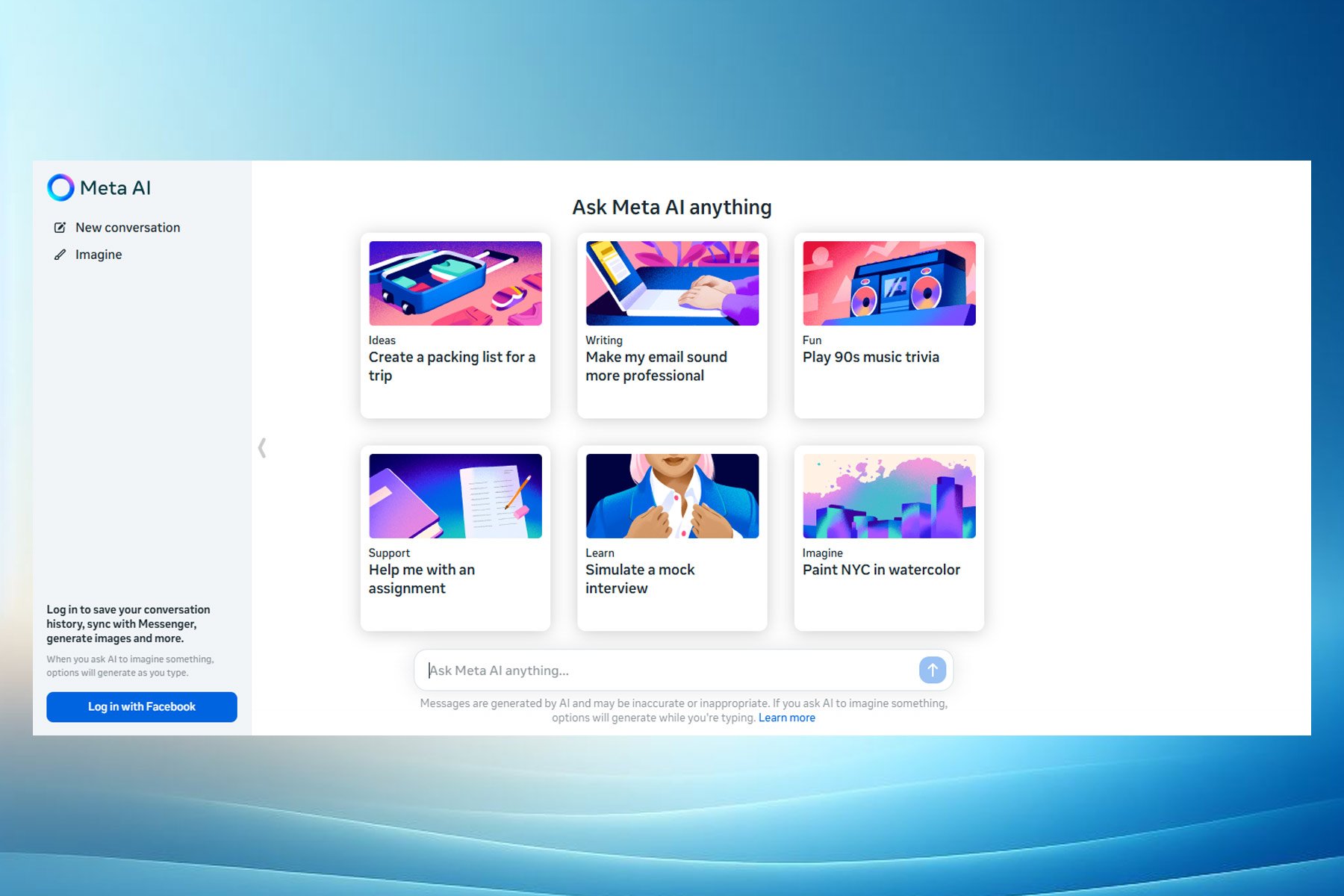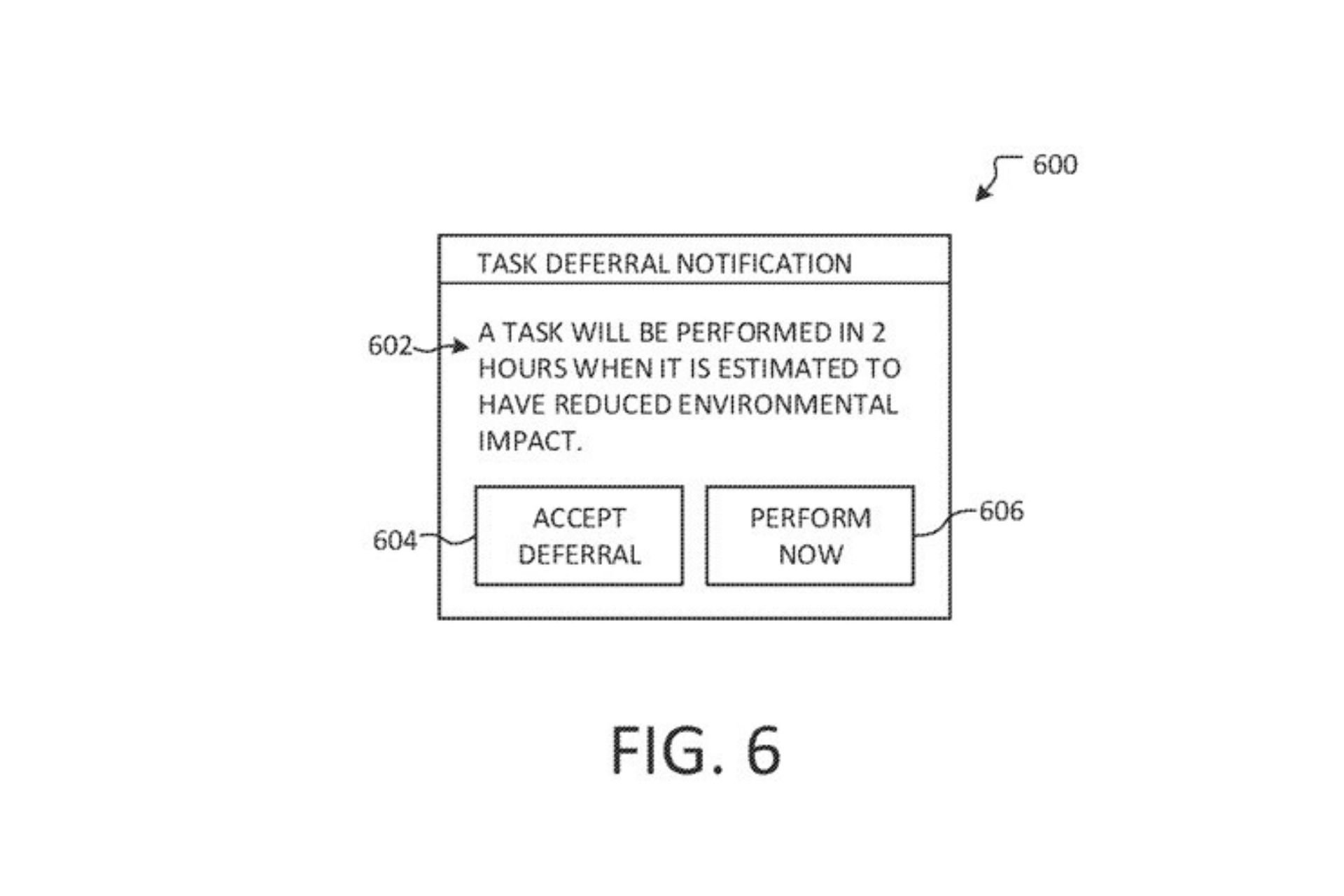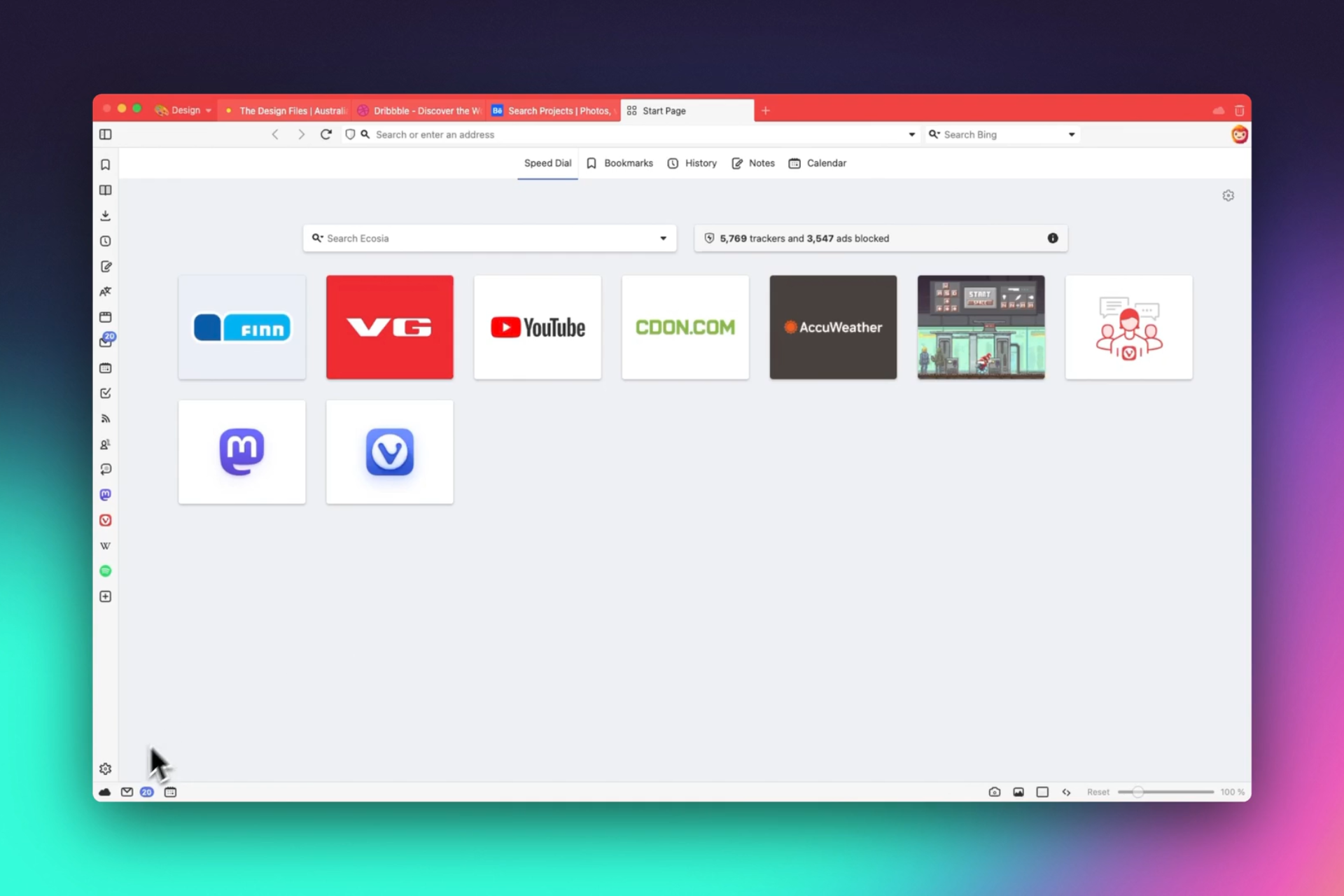Chrome will throttle battery-hogging background tabs to save power
2 min. read
Published on
Read our disclosure page to find out how can you help Windows Report sustain the editorial team Read more
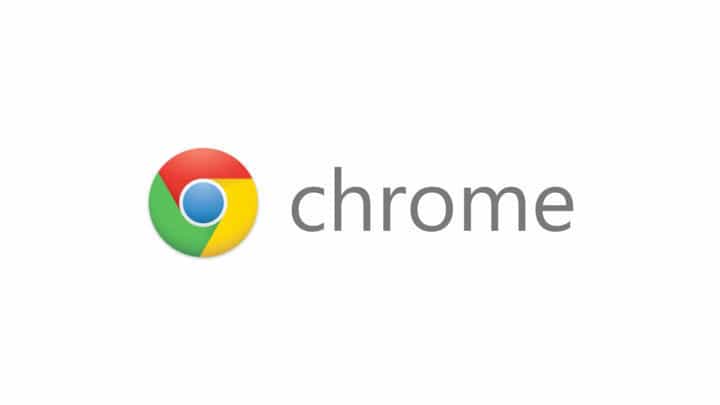
While Google Chrome currently dominates the web browser market, it is notorious for using too much power and draining battery life quickly. Nonetheless, the Mountain View giant now says it is taking steps to address the browser’s power consumption. Starting with Chrome 57, Google is now throttling background tabs to save battery life.
Chrome 57 kicks off the first phase of Google’s throttling plan, a long-term initiative meant to reduce the browser’s energy consumption and impact on CPU resources by killing tabs running in the background. Google puts the blame on background tabs for up to 30% of Chrome’s power consumption, at least on desktops.
Alexander Timin, a software engineer at Google, explained in a blog post:
Via the new throttling policy, Chrome 57 will delay timers to limit average CPU load to 1% of a core if an application uses too much CPU in background. Tabs playing audio or maintaining real-time connections like WebSockets or WebRTC won’t be affected.
We’ve found that this throttling mechanism leads to 25% fewer busy background tabs. In the long-term, the ideal is for background tabs to be fully suspended and instead rely on new APIs for service workers to do work in the background. Chrome will continue to take steps in this direction to prolong users’ battery life, while still enabling all the same experiences developers can build today.
Google first disclosed its plan to throttle background tabs last August. The policy applies to tabs that exceed its allotted time for running JavaScript functions called timers. Google engineers believe JavaScript ads and analytics scripts are the major cause of intensive background tasks. With the new background throttling policy, developers will have ample of time to make the necessary adjustments as some website features depend on background operations.
Are you using Google Chrome as your default browser? Does the browser consume too much battery power? Let us know.

